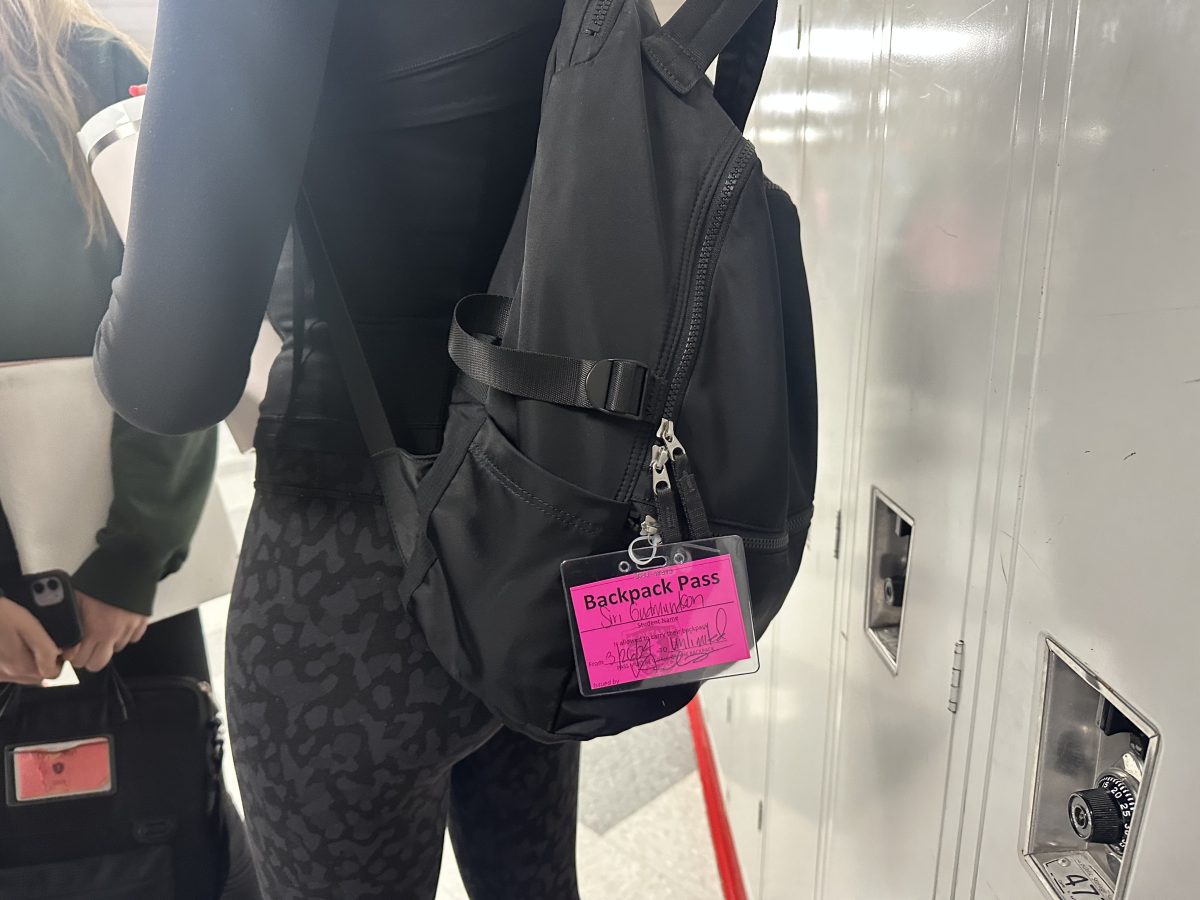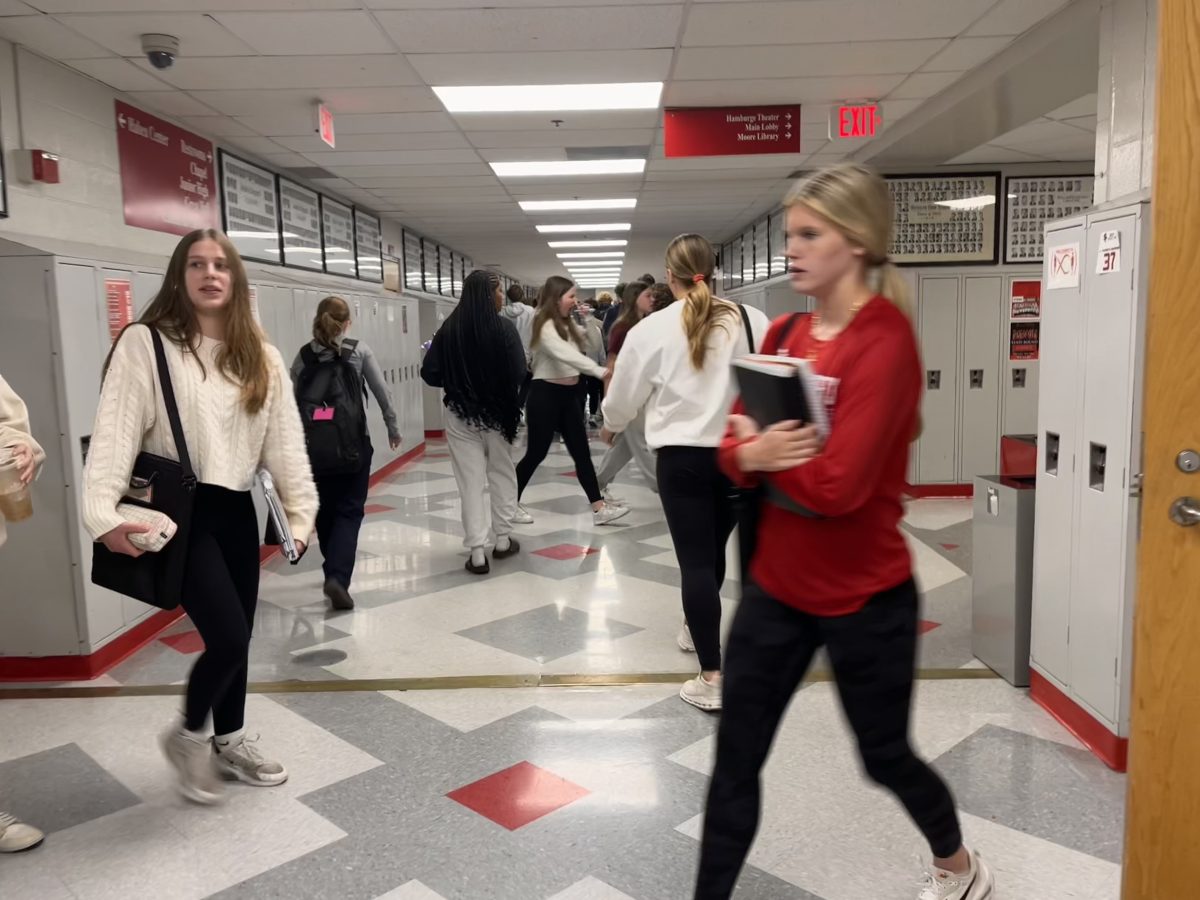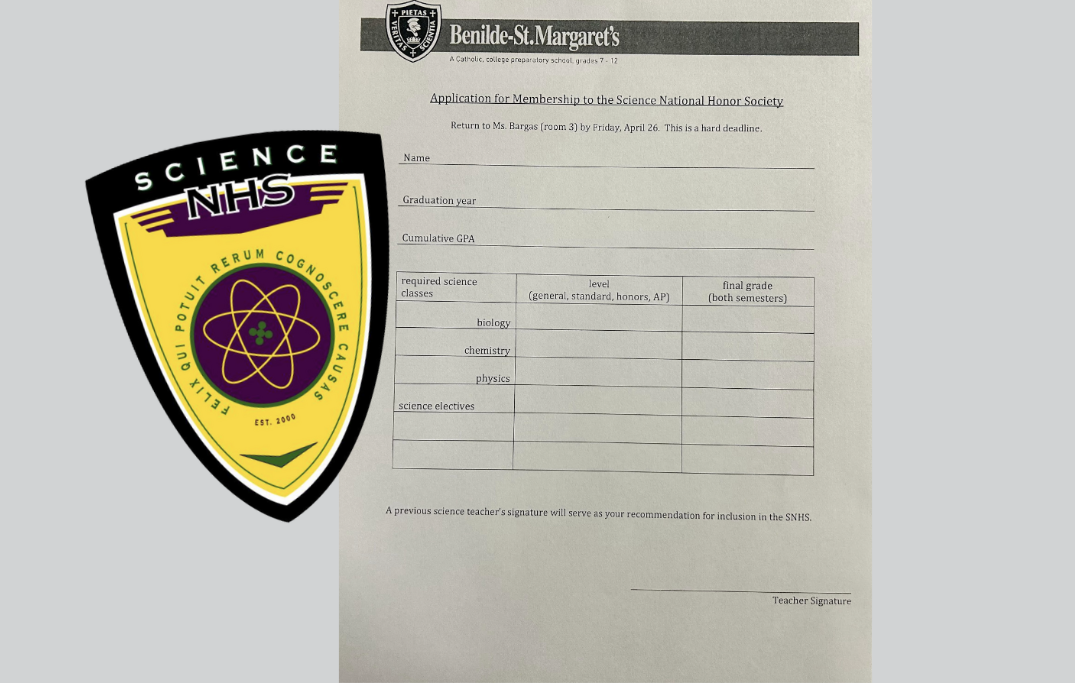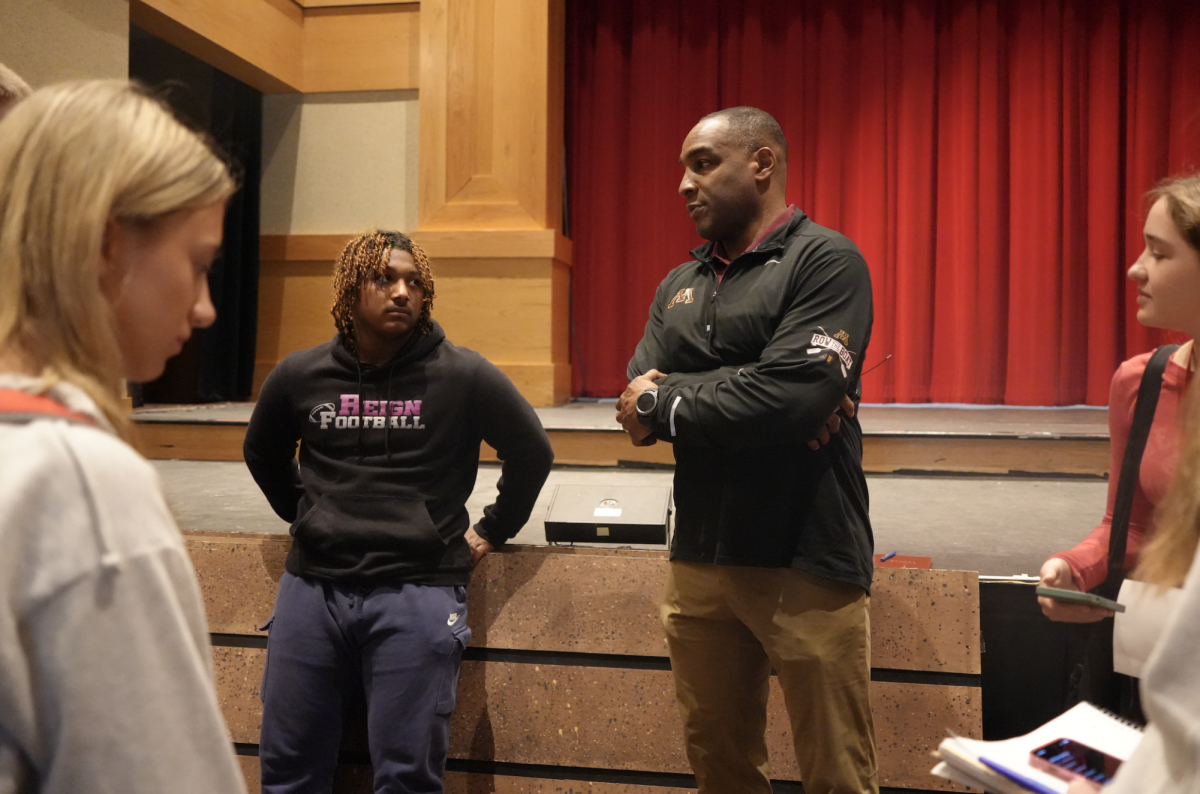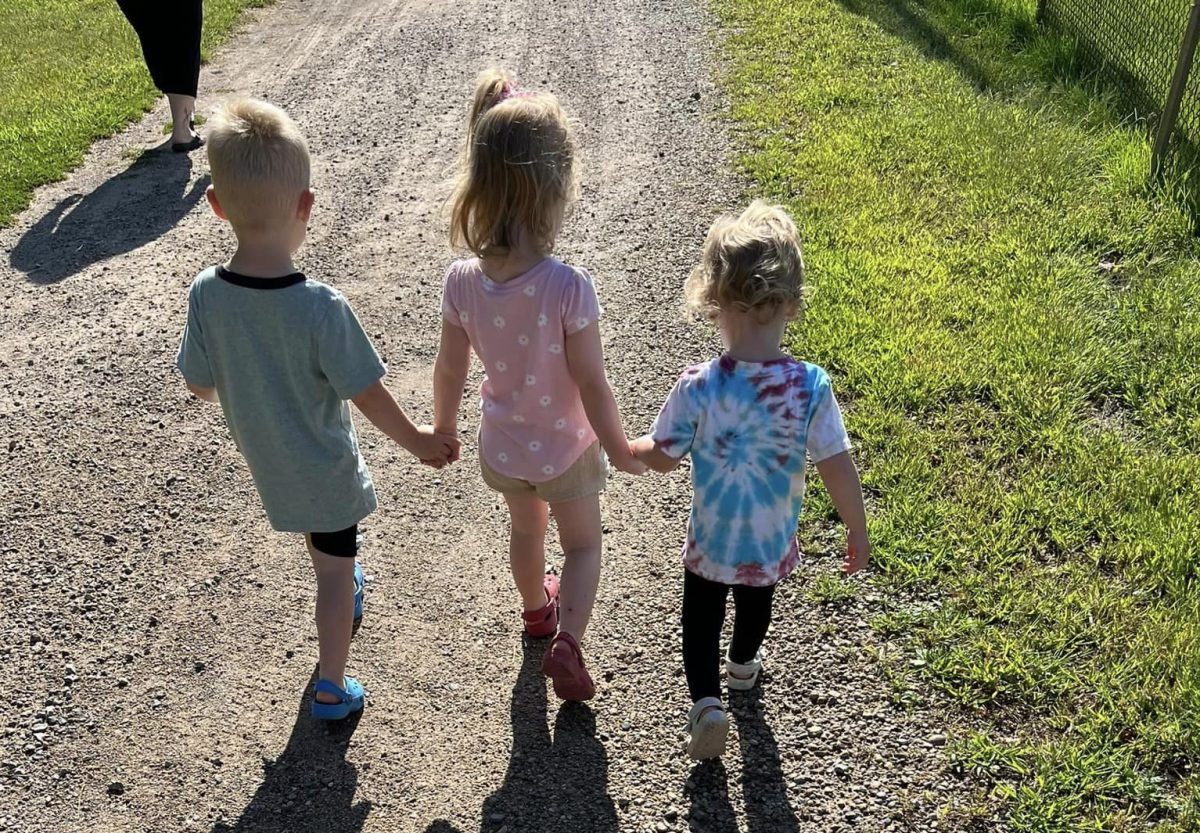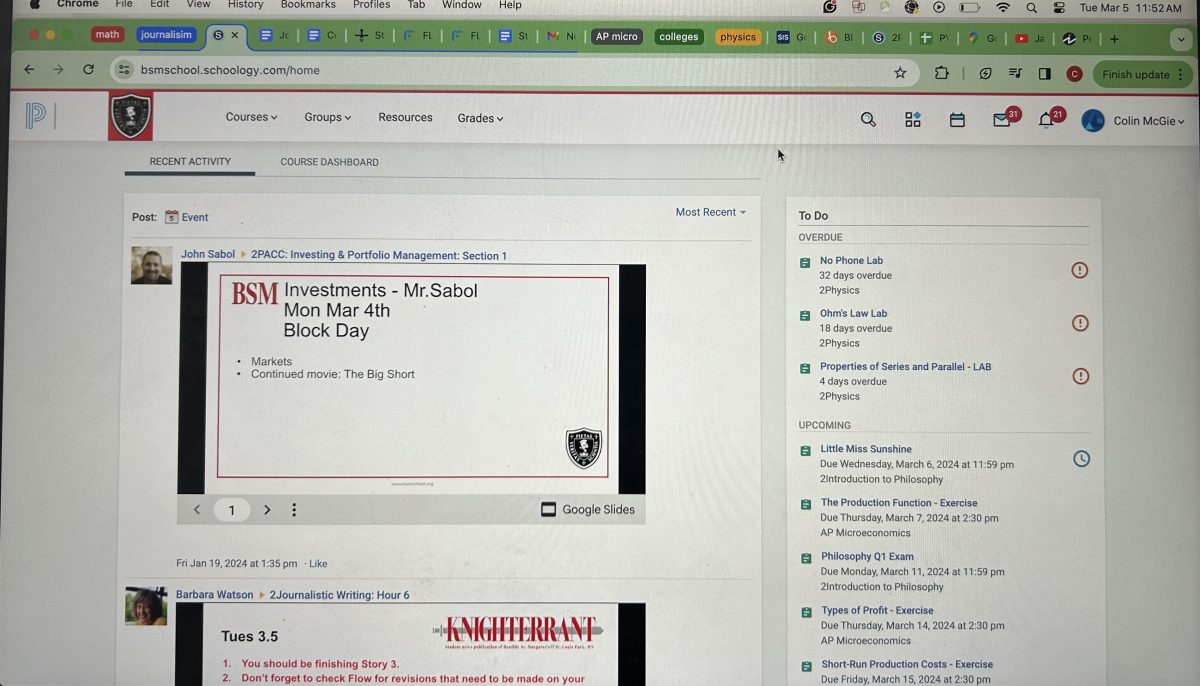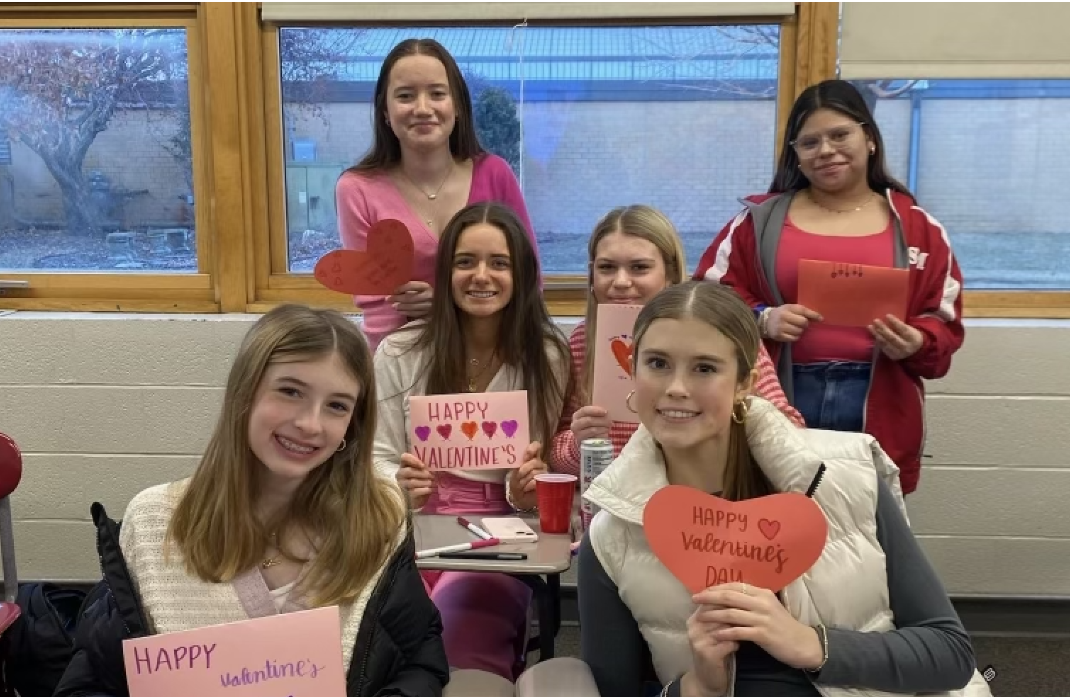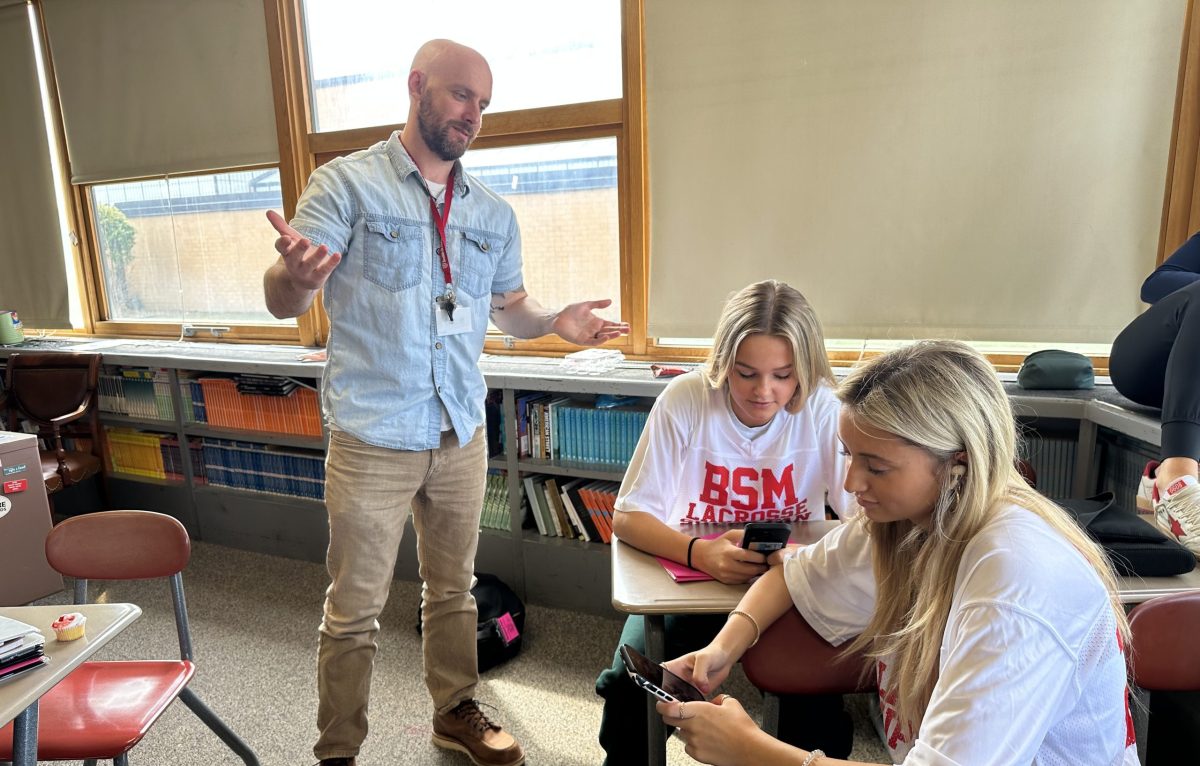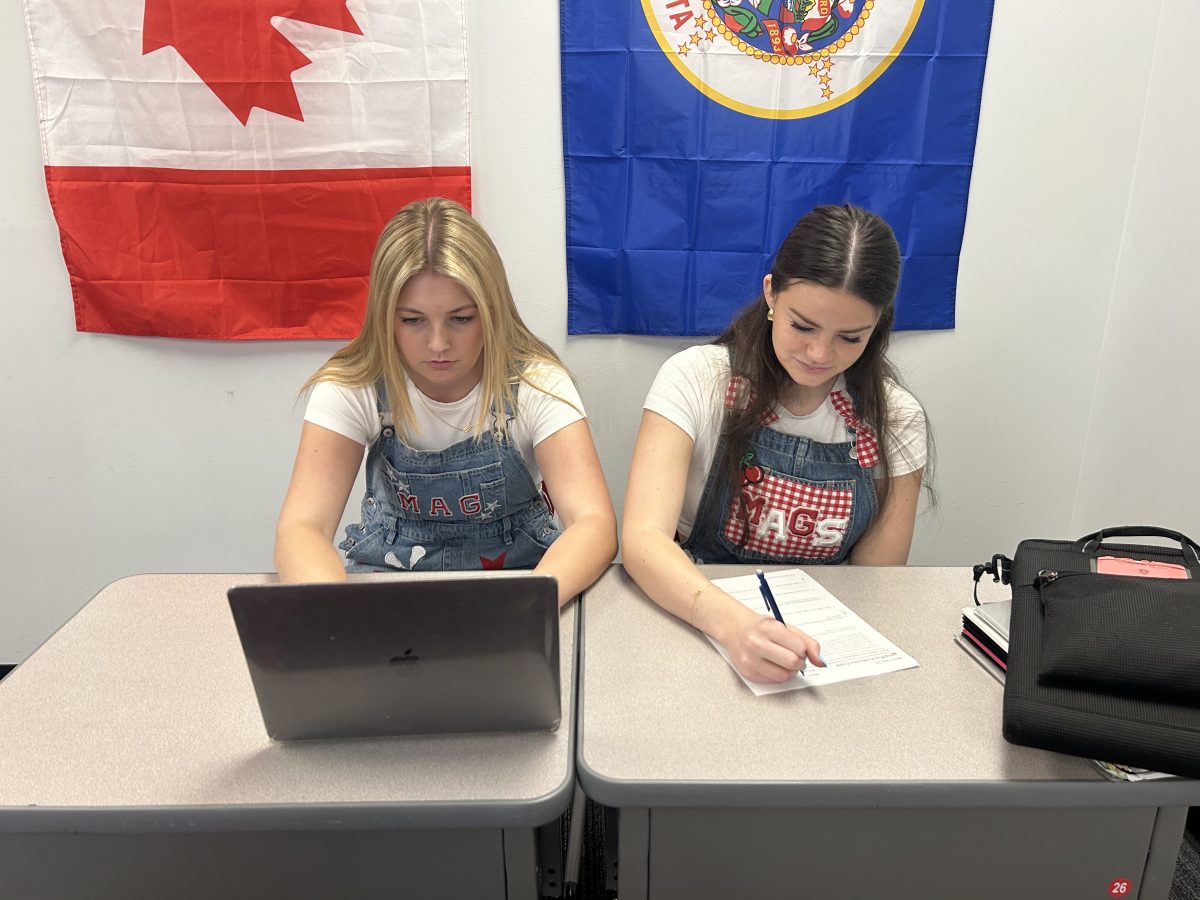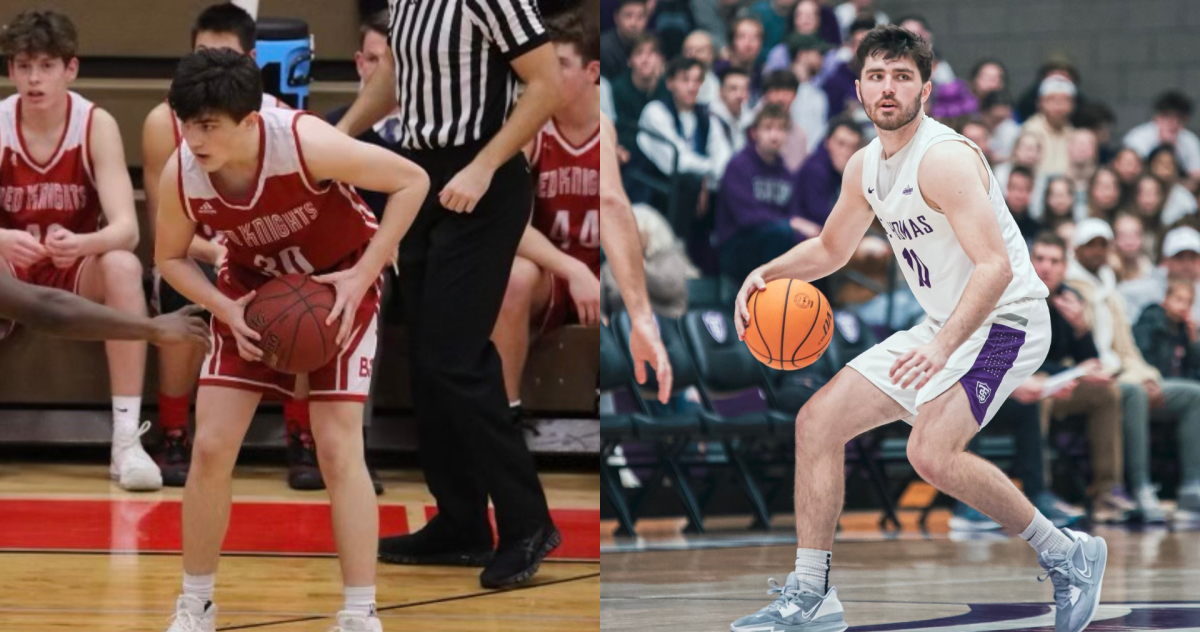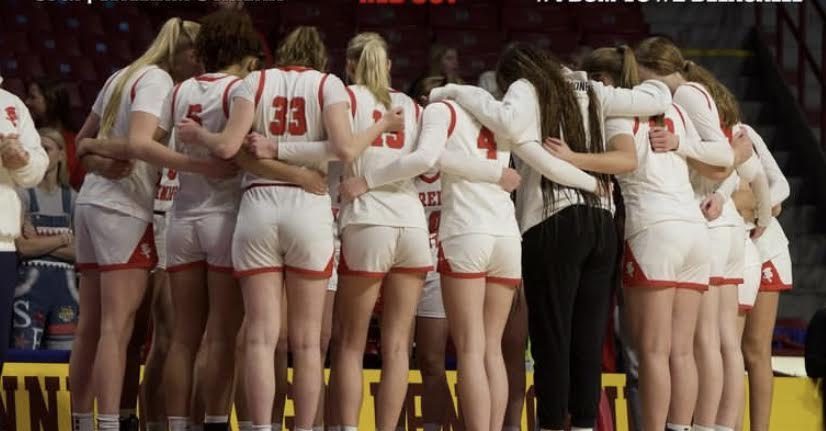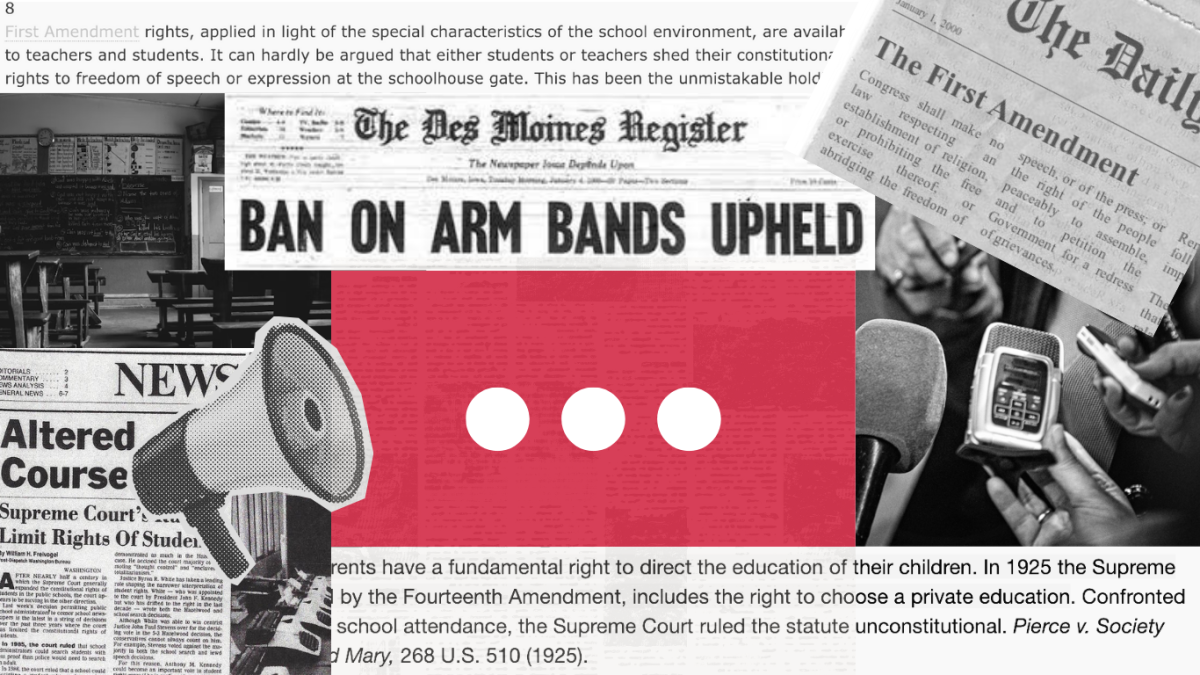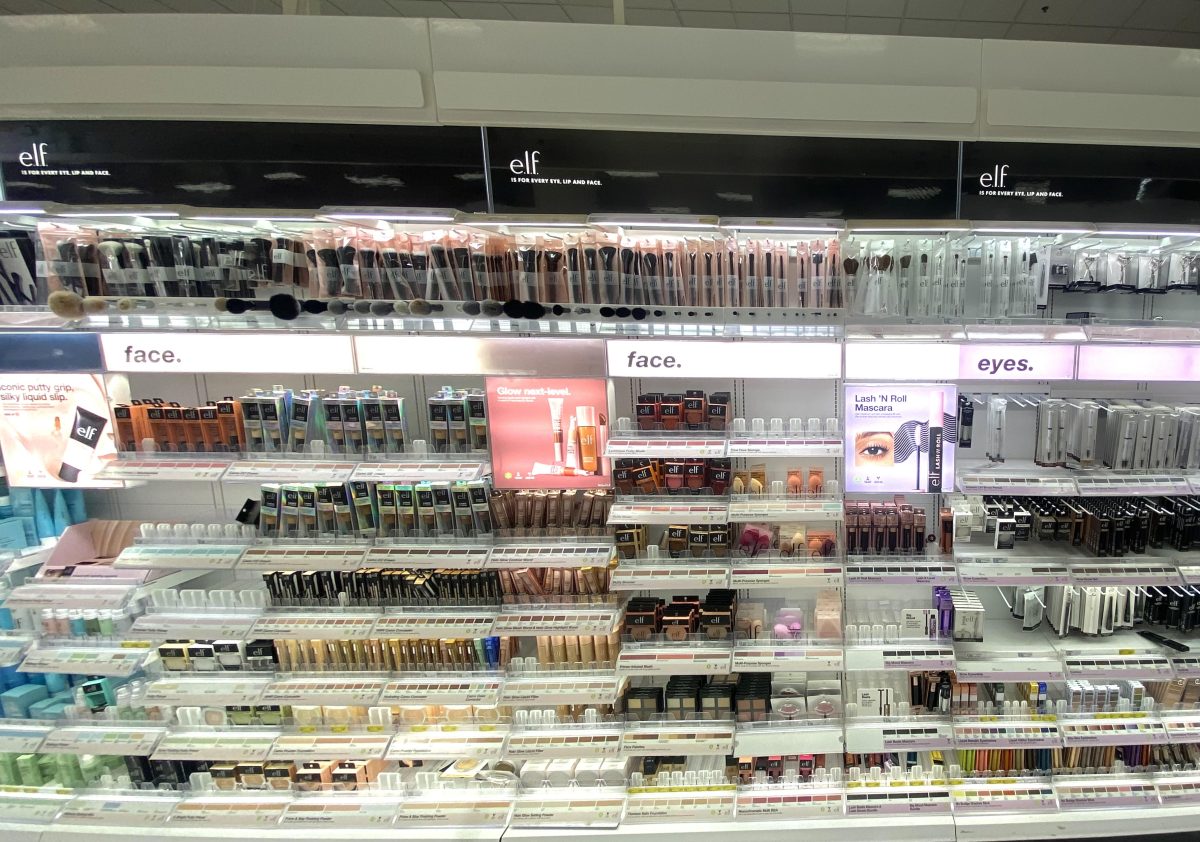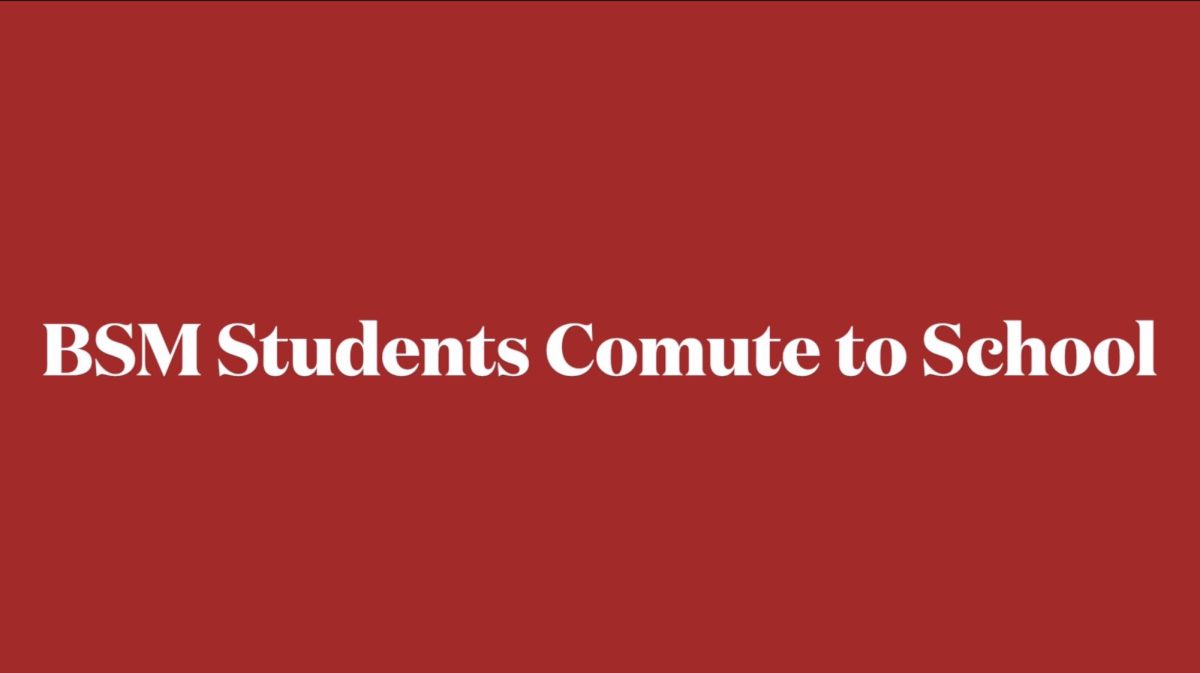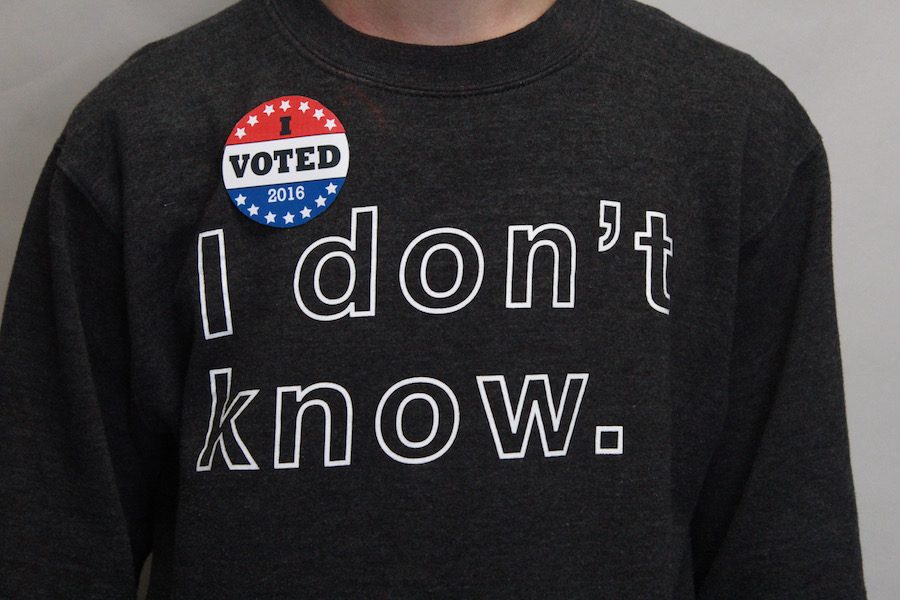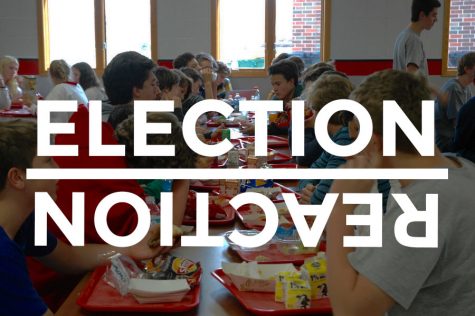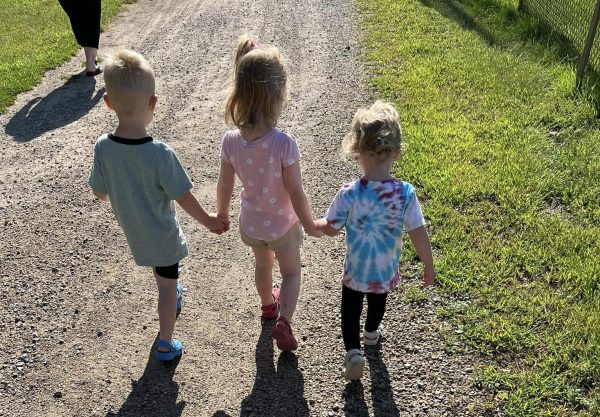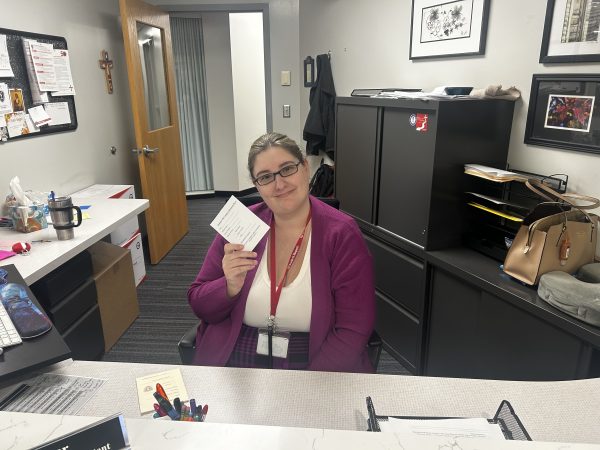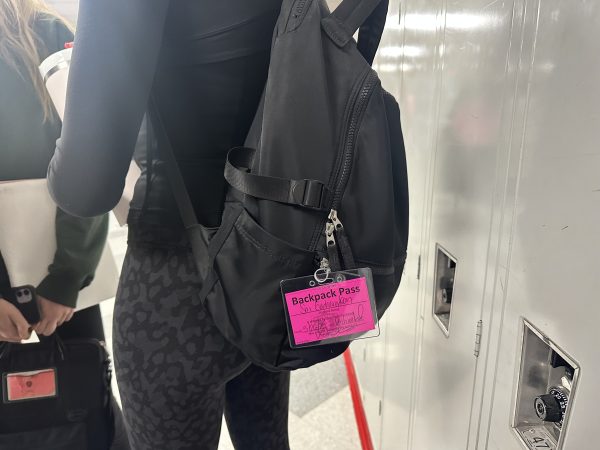How students form their political ideology
High school is a formative time for young people, but how do students form political identity both inside and outside of the classroom?
High school is a formative time for students as they become adults they start to learn how they interact with the political world around them.
At Benilde-St. Margaret’s, students are challenged to face important issues like poverty, racism, and homelessness. Students are tested by their teachers to discuss their opinions on these issues. Many classes at BSM use opinion-based discussions as a foundation for the curriculum. Students get their opinions from outside sources, such as family or friends, but BSM hopes to help students shape their opinions and give them a safe environment to discuss key issues.
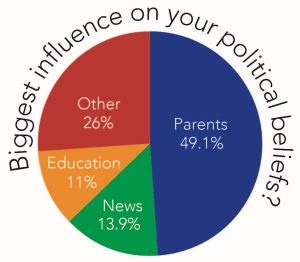
The BSM student body stands polarized on many serious global and political issues, and because of this large divide, many teachers at BSM believe it is imperative to create a classroom environment in which students can form their own opinions.“In the classroom, you have a setting where you have kids who are liberal, conservative, do not care, or do not know. It is a structured and safe environment so students can be exposed to politics in a way that they can best learn,” senior high Government and Politics teacher Mr. Keith Jones said.
Teachers help students develop their opinions through civil discourse, where students can debate openly in a controlled environment that is not hostile. “What you actually talk about is not necessarily the meat of the class; it is how the students talk about it. [Discussion is] vital for the classroom. If we do not teach students that, we create people who can not think critically about issues,” senior high Morality teacher and junior high principal Ms. Claire Shea said.
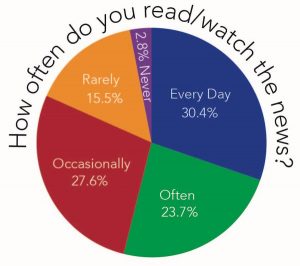
Many students concur with teachers that classrooms are ideal when it comes to discussing key issues. “In the classroom, you can have a discussion about important issues without it feeling like everyone is just getting angry at each other. Learning about politics is important, and the classroom is a great place to do that,” junior Lorenzo Cerda said.
Another reason why students like discussions in the classroom is because it is calmer than having a discussion with friends. The classroom provides a setting where students can have a calm, meaningful discussion about important topics. “Classroom discussions are nice because we always stay on task and it does not get rowdy. With my friends, we always lose focus and it gets annoying,” sophomore Carlton Cronin said.
While classroom discussions aim to create a safe environment to share ideas, some students still experience difficulty presenting their opinion, as they fear the judgment of their classmates. “Talking with my friends can get pretty hostile, but that is just because we have more opinions. People are more honest when it is just person-to-person,” sophomore Logan McCloskey said.
Although the general population agrees that class discussion is important, some believe that their opinions form more substantially outside of the classroom. “Your voice comes out in a classroom discussion, but by talking with your friends you figure out your opinions,” senior Zip Kaffey said.
School settings generally expose kids to diverse and opposing viewpoints to consider; however, 80% of BSM students report that their family has a great influence on their political identity. Students can attribute this to how their parents raise them, which affects who they are as people. “My family definitely influenced my opinions on politics. They helped teach me who I am, and that impacted my political views,” McCloskey said.
Some students tried to base their political opinions off of the world around them and what they can gather from it, rather than what they hear at home. “I have gathered many of my opinions on important issues from places like the BBC, not from the dinner table. I do not try to talk to my family about politics much,” junior Cara Vollbrecht said.
While students form their political identity through their own methods, it is crucial that opinions do form in order to ensure young people are active, involved, and educated members of society. “Having opinions on the world around you is important because it shows not only that you pay attention to the world around you, but it shows that you gather information about it and form opinions from these facts,” senior Maya Berg said.
Teachers agree that it is imperative that they provide their students with information about the world around them. They want their students to be able to form their own opinions so that they can help contribute to society. “As teachers, we want to provide students with information that they can use to form their own opinions, so that they can use that information to be good, law abiding citizens,” senior high World History teacher Ms. Megan Kern said.
At BSM, it is essential to discuss serious issues that affect the world. Students have many differing opinions on these topics, but BSM is devoted to help shape and hone these opinions while giving students a safe environment to discuss them. Whether they gather their views from friends, family, the news, or from teachers, BSM teaches students that their opinions are important not only to them, but to the world around them, too.


